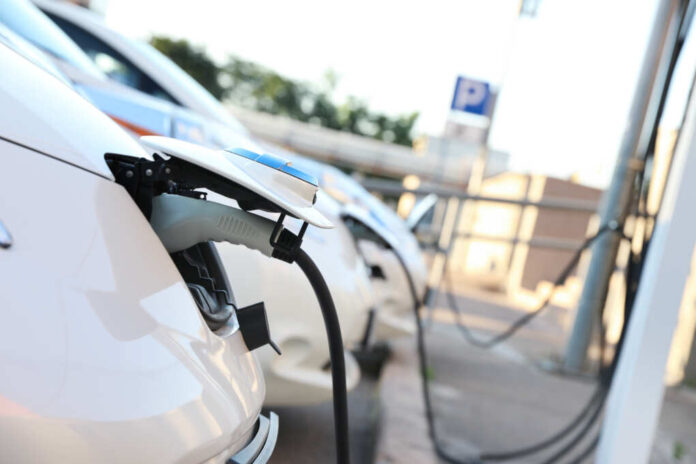
A new tax credit for electric vehicle chargers is available to Americans in low-income areas — such as Martha’s Vineyard, Montauk, and almost half of Nantucket.
The Inflation Reduction Act has extended the areas in which the “Alternative Fuel Vehicle Refueling Property Tax Credit” is applicable. This credit applies to anyone in a low-income census tract, allowing 30% of the cost, up to $100,000, for each eligible item to be covered by the government.
In order to get the full $100,000 tax credit, your charging station would have to cost over $300,000. It’s hard to imagine a low-income American being able to afford such an exorbitantly priced item, as most Americans can’t even afford an electric car in the first place.
Luckily, the definition of low income is a bit broader than you may think, at least when it comes to this particular subsidy. This credit applies to low-income Americans as described in section 45D(e) of the New Markets Tax Credit (NMTC) program.
In order to classify as low-income, the census tract must have a median income of 80% or less compared to the surrounding city or state’s median income. That means an area where the median income is $100,000 is low-income, provided the city’s median income is $125,000.
Biden Admin Classifies Martha’s Vineyard, Elite Locales As ‘Low-Income’ To Push EV Charger Subsidies https://t.co/cda9hRe4yS
— Daily Caller (@DailyCaller) January 31, 2024
This map provided by the government indicates which areas are low-income, according to the program. Notable locales include Martha’s Vineyard, Hyannis, Great Island, Fishers Island, and Montauk. Many homes in these areas value in the millions.
While some of the communities considered “low-income” paint an amusing picture of how the rich stay rich, many people also question why there are subsidies targeting electric vehicle chargers in the first place.
There are many other things the government could subsidize if they wanted to help low-income communities, but instead, they’re using low-income as a buzzword to push electric vehicles, even in wealthy areas.
If reducing emissions is the goal, wouldn’t the government want to subsidize new technology for carbon-emitting factories, or things like solar panels? It seems politicians would rather use panic over climate change to give tax breaks to their wealthy friends.














